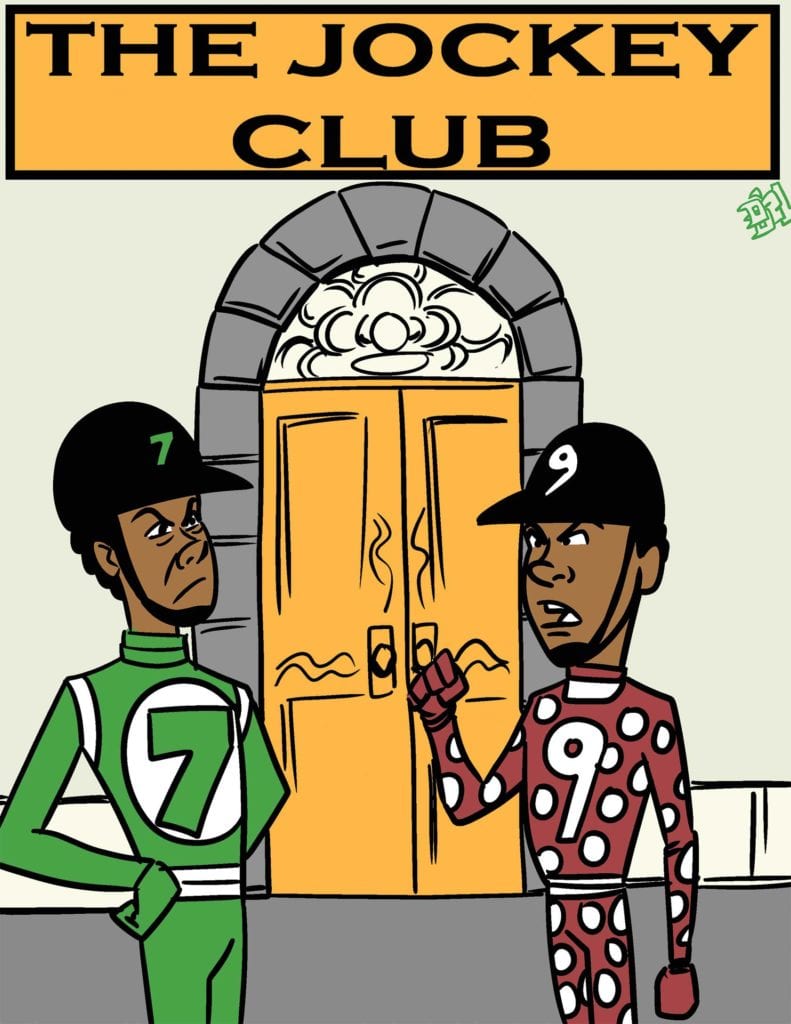
The Charlottesville, Virginia race riot in August 2017 was a horrific event. Protesters publicly and violently affirmed their animosity for Blacks. One of their chants was especially confusing — “Jew(s) will not replace us.” The anti-Semitic hostility of rioters against Jews was understood, but it seemed strange that the nation’s largest population group, those of Christian-European stock, should be concerned about one of the least numerous groups, the Jews. The question of how to replace a racial or ethnic group remained unresolved until the recent Kentucky Derby reminded those of a historical bent just how the displacement could occur for some racial or religious groups.
The first Saturday of May is traditionally the Kentucky Derby day. The best 3-year-old thoroughbred horses compete in Churchill Downs to determine which one is the fastest. Since 1875, thousands of spectators would come to Louisville, Kentucky to watch the “Run for the roses.” Even before that, during the days of slavery, there were match races in which affluent horse breeders would compete for financial prizes.
As one might expect, it was common for slaves to serve as jockeys in those races. Oliver Lewis, a Black jockey, won the first Kentucky Derby in 1875. In fact, 15 of the first 28 Kentucky Derbies were won by Black jockeys. Jimmy Winfield was the last Black jockey to win in 1902.
With the introduction of pari-mutuel betting to replace match races, thoroughbred racing became a billion-dollar industry. Isaac Murphy emerged in 1875 as a successful jockey. He was hired for an annual salary of $10,000 plus $25 for every winning ride. By the 1890s, winning Black jockeys were earning $250,000. But in 1894, white horse-owners formed the Jockey Club to license professional jockeys. The financial success of Black jockeys was so offensive to the racists that no Black Derby jockeys were licensed from 1921-2000.
According to the New York Times, there are presently no Blacks among the 128 members of the Jockey Club, and there are only five Black staff among their 286 employees. The Jockey Club demonstrates how to curtail Blacks from expanding in an industry in which whites believe they should have exclusive ownership.


![Banner [Virtual] Art Gallery](https://baystatebanner.com/wp-content/uploads/2024/04/Cagen-Luse_Men-at-store-e1713991226112-150x150.jpg)



